Related: The Most Memorable ‘Saturday Night Live’ Cameos Through the Years
Advertisement
Reneé Rapp knows the internet has been discussing her apparent lack of media training — and she’s reclaiming the joke.
Rapp, 24, joined Saturday Night Live host Jacob Elordi and cast member Bowen Yang for a Saturday, January 20, sketch about news outlets trying to read celebrities’ lips after Selena Gomez and Emily Blunt’s respective Golden Globes conversations.
“Why are you doubting us? Do you have no respect for our deep body of work?” Yang, 33, quipped to his costars Heidi Gardner and Ego Nwodim, who were playing TV presenters.
Yang and Elordi, 26, portrayed supposed lip-reading experts, who entrusted their “little lesbian intern Reneé” to further prove that they could accurately report on the celebs’ conversations. (Rapp, in real life, has publicly come out as bisexual.)
“I’ve been going absolutely off in every single interview lately, so now I have to do 40 hours of court-ordered media training,” Rapp, playing herself, quipped in the sketch.
Rapp then joined Yang and Elordi as they attempted to falsely lip-read Gwyneth Paltrow’s court testimony from her 2023 ski crash trial. After speculating that the testimony was pleading guilty to murder, Rapp paid homage to Paltrow’s lifestyle brand.
Jacob Elordi, Reneé Rapp, and Bowen Yang on ‘Saturday Night Live.’ Will Heath/NBC
“Yeah, I totally did with a big knife,” Rapp added. “Goop, Goop, Goop. Love you, baby!”
Rapp has recently been on a press tour to promote her role as Regina George in the new Mean Girls movie musical. After being interviewed by multiple outlets, she later went viral for her unfiltered comments.
During her January 14 appearance on Watch What Happens Live With Andy Cohen, Rapp described herself as “very ageist.”
“I just feel like, I don’t know, I was always the young one in situations [and] millennial women were always coming for me,” she explained to host Andy Cohen. “I was like, ‘Shut up.’ … I fear [getting older one day]. Well, I fear because I’m ageist [and] I talk so much s—t.”
In another recent interview, Rapp told Mean Girls costar Christopher Briney about “a man who owns a bus touring company” named Buddy, who is “such an asshole.”
Renee Rapp on ‘Watch What Happens Live With Andy Cohen.’ Charles Sykes/Bravo
“He was so disrespectful to my friends Priscilla and Bella who I work with and to my mother,” she ranted while Briney, 25, covered his face with his hands. “If you’re watching this, I can’t stand you, and I hope your business burns. You are so disrespectful and so misogynistic. I hate you. … F—k you, Buddy.”
Rapp’s apparently unhinged interviews subsequently received plenty of attention on social media.
“We have to protect Renee Rapp from media training at all costs,” one social media user wrote via X, as another added, “Honestly please keep the media training away from Renee Rapp she is exactly who she needs to be and we LOVE her for that.”
A third pointed out, “The thing I can’t stand about this conversation about Renee Rapp needing media training is that she literally has it. She is media trained, she’s just also herself.”
The Sex Lives of College Girls star also got in on the joke. “Her lack of media training is outrageous,” Rapp wrote via Instagram on Wednesday, January 17, sharing a carousel of photos from the past week.
Saturday Night Live airs on NBC Saturdays at 11:30 p.m. ET.
Reneé Rapp knows the internet has been discussing her apparent lack of media training — and she’s reclaiming the joke. Rapp, 24, joined Saturday Night Live host Jacob Elordi and cast member Bowen Yang for a Saturday, January 20, sketch about news outlets trying to read celebrities’ lips after Selena Gomez and Emily Blunt’s respective
Us Weekly Read More

Jennifer Lopez is once again at the center of a media storm — but this time, it’s her first husband, Ojani Noa, turning up the heat. Following Lopez’s recent Howard Stern Show interview, in which she claimed she has “never been truly loved” by any of her exes, Noa has publicly accused the superstar of cheating and playing the victim.
In the viral Instagram post that has now spread across major outlets like TMZ and New York Post, Noa didn’t hold back.
“Stop putting us down. Stop putting me down with your victim card,” he wrote. “The problem is not us. Not me. The problem is you. You’re the one who couldn’t keep it in your pants.”
Noa and Lopez were married briefly from 1997 to 1998, before her rise to Hollywood superstardom. In his explosive statement, he accused her of being unfaithful during their marriage, claiming she prioritized fame over their relationship.
“You have been loved a few times. You’ve been married four times. And have had countless relationships in between,” Noa continued. “You decided to lie, to cheat on me. You begged me to keep the marriage intact to avoid bad press.”
Noa described himself as “faithful, honest, and loving,” saying he uprooted his life and career to support Lopez at the beginning of her entertainment journey. “I left my family, my friends, everything behind for you,” he wrote, “but once fame came calling, you left me behind.”
As of now, Jennifer Lopez has not publicly responded to Noa’s allegations. During her Howard Stern interview, the singer and actress claimed her former partners “weren’t capable” of loving her, saying, “It’s not that I’m not lovable… it’s that they’re not capable.”
Her remarks were widely interpreted as referencing all of her ex-husbands — including Marc Anthony, Cris Judd, and Ben Affleck — but it was Noa who reacted first and most forcefully. His comments have ignited widespread debate online, with many questioning whether Lopez’s honesty came at the expense of others’ reputations.
The online reaction has been intense, with social media users split between defending Lopez’s right to share her truth and blasting her for allegedly rewriting history. Meanwhile, entertainment analysts note that the controversy adds to an increasingly turbulent year for the singer, following canceled tours, underperforming films, and ongoing scrutiny over her marriage to Affleck.
This latest backlash has also reignited conversations about Lopez’s highly publicized romantic history. As tabloids and fans speculate whether more exes might respond, the situation underscores an old truth in celebrity culture — that every candid confession comes with consequences.
For now, Jennifer Lopez remains silent. But in the court of public opinion, the debate about who’s really at fault in her love story is only just beginning.
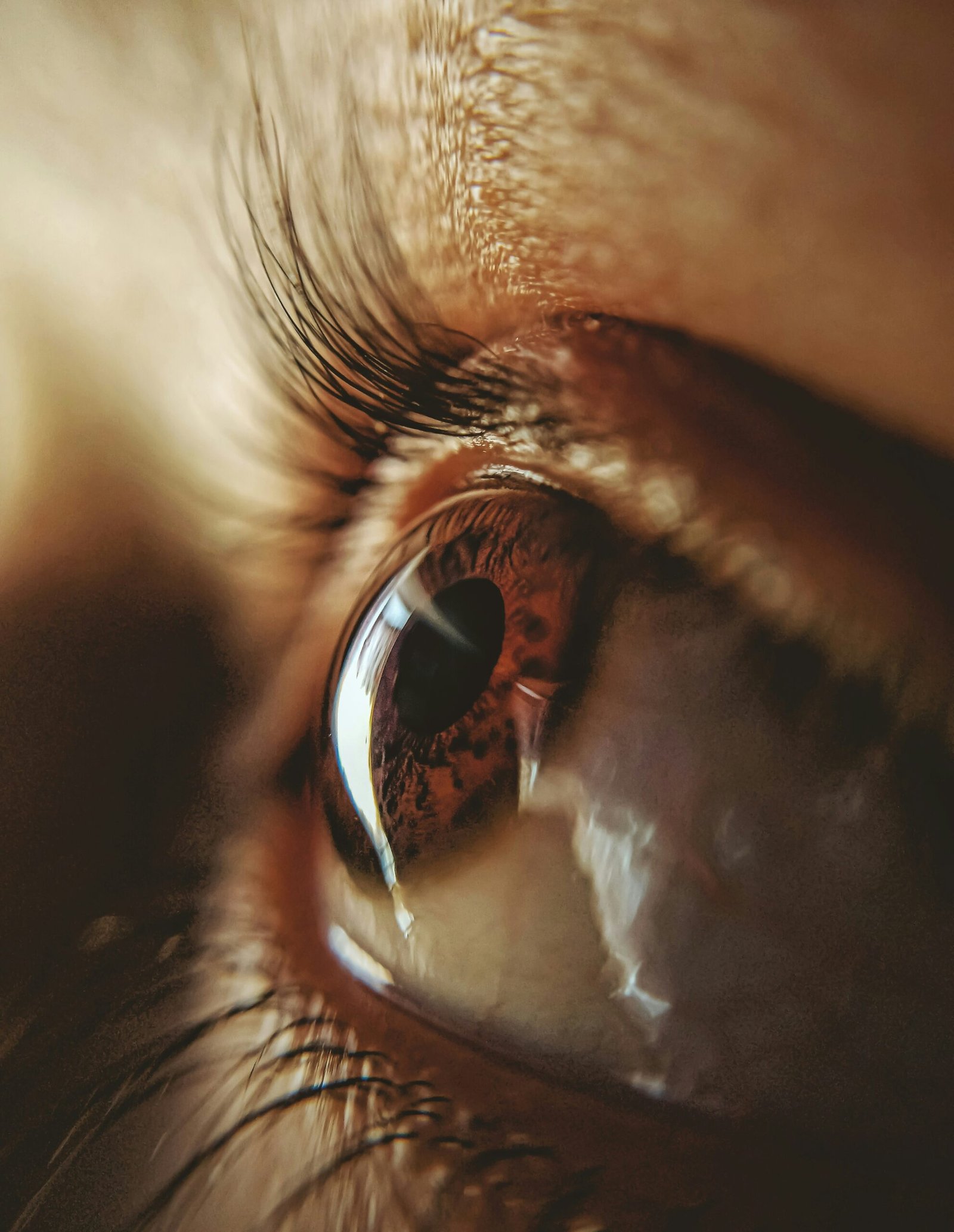
By all appearances, Hollywood is a dream factory — a place where charisma, talent, and luck collide to create stars. But behind the camera lights and red carpets lies a conversation few inside the industry speak openly about: the spiritual and moral price of ambition.
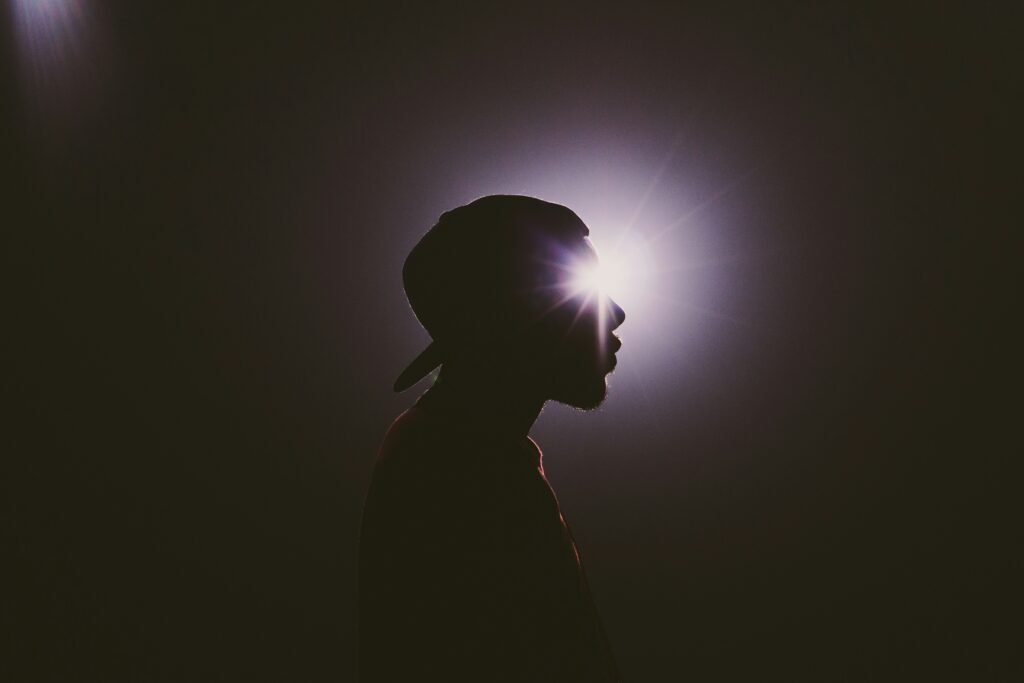
For actor Omar Gooding, the idea of “selling your soul” in Hollywood isn’t a metaphor — it’s a moral process that begins with tiny compromises. In an October 2025 interview, Gooding explained that no one in Hollywood makes a literal deal with the devil. Instead, it’s the quiet yeses, the moments when comfort overrides conviction, that mark the beginning of the trade. “They don’t say, ‘Take this or you’ll never make it,’” he said. “They just put it in front of you. You choose.”
Those choices, he argues, create a pattern. Once you show that you’ll accept something you once resisted, the industry notices. “Hollywood knows who it can get away with what,” Gooding said. “One thing always leads to another.” The phrase “selling your soul,” in this context, means losing your say — doing what you’re told rather than what you believe in.
That moral tension has long shadowed the arts. Comedians like Dave Chappelle, who famously walked away from millions to preserve his creative integrity, often serve as examples of where conviction and career collide. In resurfaced interviews, Chappelle hinted that he felt manipulated and silenced by powerful figures who sought control of his narrative, warning that “they’re trying to convince me I’m insane.”
This isn’t just about conspiracy — it’s about agency. Hollywood runs on perception. Performers are rewarded for being agreeable, moldable, entertaining. Those who question the machine or refuse the script risk exile, while those who conform are elevated — sometimes beyond what they can handle.
“We see the ‘collections’ all the time,” Gooding explained. “When the bill comes due, you can tell. They made that deal long ago.”
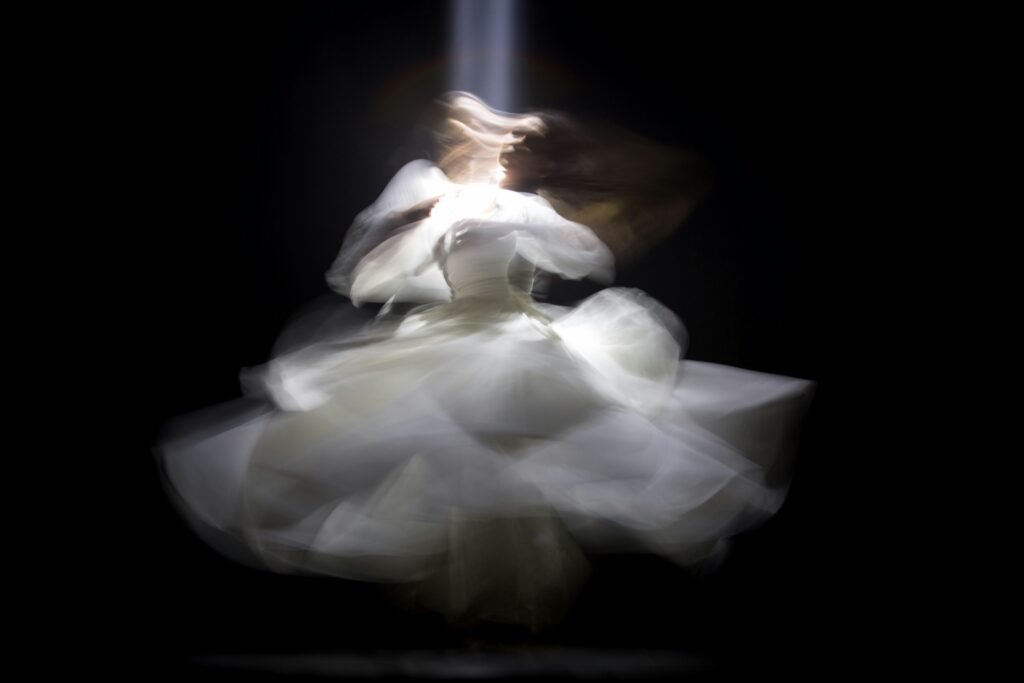
But the story doesn’t end in darkness. Gooding also emphasizes that in today’s entertainment landscape, artists have more control than ever. With streaming, social media, and creator‑driven platforms, performers don’t have to “play the game” to be seen. Independent creators can build their own stages, speak their own truths, and reach millions without trading authenticity for access.
Still, the temptation remains — recognition, validation, quick success. And every generation of artists must answer the same question: What are you willing to do for fame?
As Gooding put it, “You just make the best choices you can. Because once it’s gone — your name, your peace, your soul — there’s no buying it back.”

California just made a dramatic stand for human creativity, defeating the threat of AI actor clones with a sweeping new law that puts people—not algorithms—back in the Hollywood spotlight. With the stroke of Governor Gavin Newsom’s pen in October 2025, the state has sent a clear message to studios, tech companies, and the world: entertainment’s heart belongs to those who create and perform, not to digital facsimiles.
For months, the entertainment industry has been divided over the use of artificial intelligence in filmmaking. Studios, lured by promises of cost-cutting and creative flexibility, have invested in software that can mimic an actor’s face, voice, and even emotional range. But for performers, this wave of synthetic reproduction has triggered alarm—encouraged by chilling stories of deepfakes, unauthorized digital doubles, and contracts that let studios reuse a star’s likeness indefinitely, sometimes without pay or approval.
The new California law, anchored by AB 2602 and AB 1836, changes everything:
The legislation rides the momentum of the recent SAG-AFTRA strike, where real-life talent demanded control over their own digital destinies. Leaders say these protections will empower artists to negotiate fair contracts and refuse participation in projects that cross ethical lines, restoring dignity and choice in an industry threatened by silent algorithms.
Stars, unions, and advocacy groups are hailing the law as the most robust defense yet against unwanted AI replications.
As one actor put it, “This isn’t just about money—it’s about identity, legacy, and respect for real artists in a synthetic age.”
California’s move isn’t just a victory for local talent—it’s a warning shot to studios everywhere. Companies will now be forced to rethink production pipelines, consult legal counsel, and obtain proper clearance before digitally cloning anyone. Global entertainment platforms and tech developers will need to comply if they want to do business in the world’s entertainment capital.

These laws also set a template likely to ripple through other creative fields, from musicians whose voices can be synthesized to writers whose work could be mimicked by generative AI. For now, California performers finally have a powerful shield, ready to fight for the right to shape their own public image.
With its no-nonsense ban on AI actor clones, California draws a bold line, championing the work, likeness, and very humanity of its creative stars. It’s a landmark step that forces the entertainment industry to choose: respect real talent, or face real consequences. The age of the consentless digital double is over—human performers remain the true source of Hollywood magic.
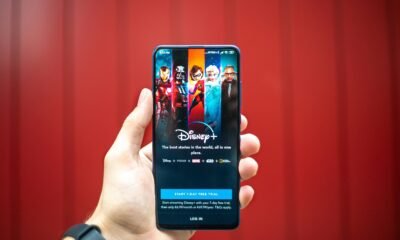

Disney Loses $3.87 Billion as Subscription Cancellations Surge After Kimmel Suspension
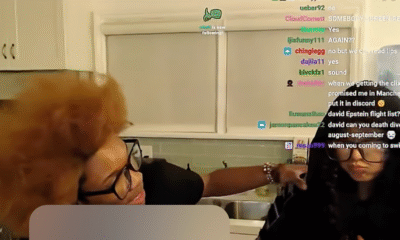

What the Deletion Frenzy Reveals in the David and Celeste Tragedy
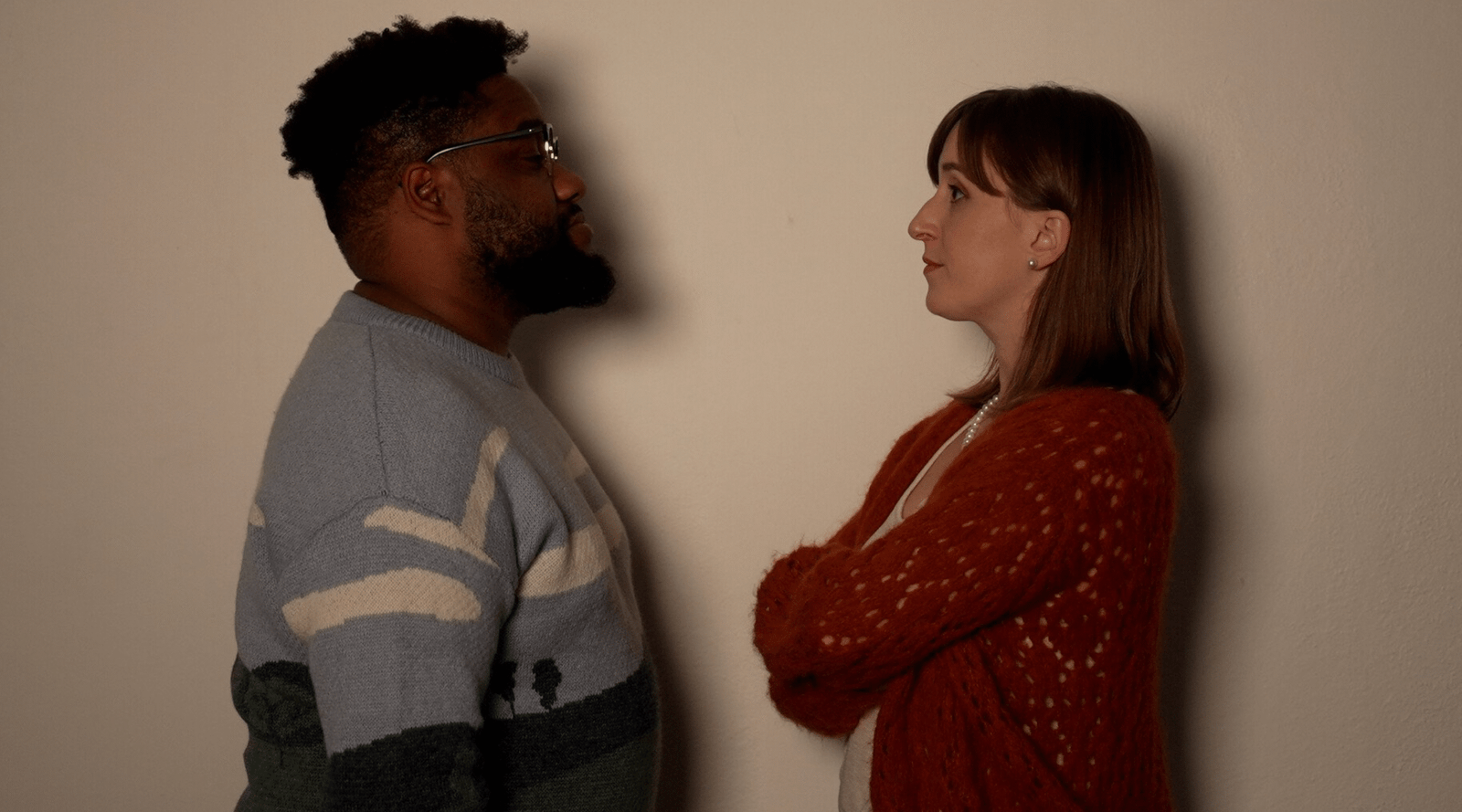
Executive Producer Debut: How Celia Carver Created Festival Hit ‘Afterparty’


Russia Claims 100% Success With New mRNA Cancer Vaccine


Why Are Influencers Getting $7K to Post About Israel?


Why Did Gen Z QUIT Drinking Alcohol?


How AI Is Forcing Everyone Into the Entrepreneur Game


Keith Urban and Nicole Kidman Split After 20 Years as Actress Files for Divorce